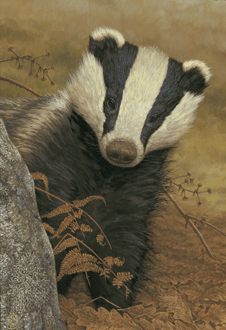New journal paper in Transactions of the Institute of British Geographers.
A further theoretical argument around cartography as practice and the best way to research mapping has been published in TIBGs as an early view article. It is entitled,
Unfolding mapping practices: a new epistemology for cartography, and is co-authored with
Rob Kitchin and
Justin Gleeson. There is a local version available
here. The abstract for the paper is as follows:

"In recent years there has been a turn within cartographic theory from a representational to a processual understanding of mapping. Maps have been re-conceptualised as mappings that ceaselessly unfold through contingent, citational, habitual, negotiated, reflexive and playful practices, embedded within relational contexts. In this paper, we explore what this rethinking means for cartographic epistemology, contending that attention needs to be focused on understanding cartography through the lens of practices – how mappings are (re)made in diverse ways (technically, socially, bodily, aesthetically and politically) by people within particular contexts and cultures as solutions to everyday tasks. We detail how these practices can be profitably examined using a suite of methods – genealogies, ethnographies, ethnomethodology, participant observation, observant participation and deconstruction – that are sensitive to capturing and distilling the unfolding and contextual nature of mapping. To illustrate our argument we narrate the unfolding production and consumption of a set of mappings of so-called ‘ghost estates’ in Ireland, a public geography project that has been covered over 300 times in local, national and international media and that has contributed to Irish public discourse and policy debates."
Key words: cartography; epistemology; ontogenesis; practice; ghost estates; public geography
 The Map Reader awarded a book prize
The Map Reader awarded a book prize Cyber Badger Research Blog
Cyber Badger Research Blog





